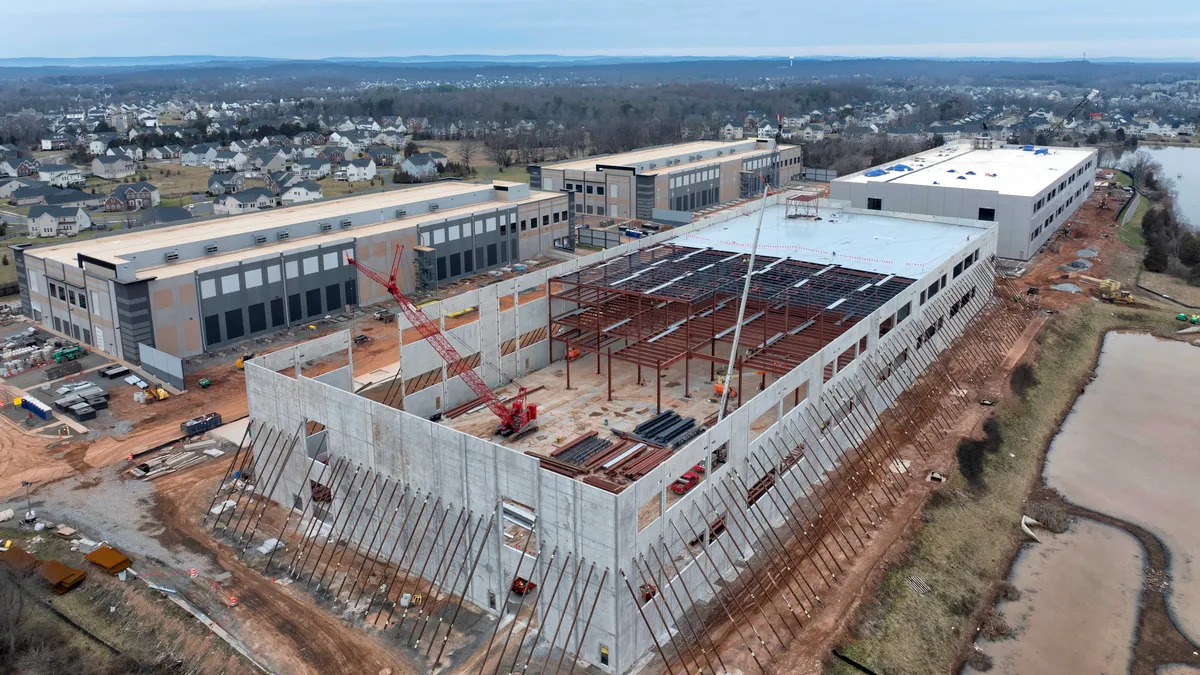Dive Brief:
- A Texas contractor working on a $25 million hotel in Waikiki, HI, has been cited by the state's Department of Labor and Industrial Relations (DLIR) and fined $767,095 for allegedly misclassifying 65 workers as independent contractors, according to the Honolulu Star Advertiser.
- Investigators said that by designating these workers as independent contractors, R&R Construction Services did not have to pay the unemployment insurance, workers' compensation premiums, disability and insurance premiums required for employees.
- R&R could also be subject to additional penalties and disciplinary action from other agencies such as the U.S. Department of Labor Wage and Hour Division and the Hawaii Department of Commerce & Consumer Affairs, which acts as the state's licensing board.
Dive Insight:
The misclassification of employees has become a heightened area of focus for prosecutors. In a major case in August, two Massachusetts construction companies agreed to pay $2.4 million in back wages and $262,900 in civil penalties to settle claims by the DOL that they failed to pay 478 workers required overtime wages. And in July, the DOL ordered an Arizona homebuilder to pay $48,000 in back wages and penalties for misclassifying workers as independent contractors and not paying employees at overtime rates when required — in violation of the Fair Labor Standards Act.
A 2014 report by journalists at The McClatchy Co. uncovered rampant worker misclassification in the construction industry. The report found that employers often claimed that legitimate employees were independent contractors so they would not have to pay them payroll taxes, unemployment or workers' compensation.
Because the Maile Sky Court hotel project is private, R&R is not subject to the Fair Pay and Safe Workplaces Executive Order, also known as the "blacklisting" rule. The new regulation requires that federal contractors disclose any labor law violations prior to being awarded work, and, depending on a contractor's record, the new scrutiny could result in the company being unable to enter into federal construction contracts. While many labor groups have hailed the new rule as a step forward for fairness in the federal procurement process, trade industry groups are pushing back against the order, which some have labeled "a purely political move" and a potential violation of contractors' due process rights.
The new rule takes effect Oct. 25 for contractors bidding on $50 million or more of federal work — reduced to $500,000 next year — but a voluntary preassessment period is now underway. The remainder of the rule will be phased in, with the final requirements in full effect by Oct. 25, 2018. The Associated Builders and Contractors recently surveyed its members about the rule and found that 91% of them believe that it will impose an "extreme" burden on their operations, and more than 50% said it would keep them from bidding on federal projects.












